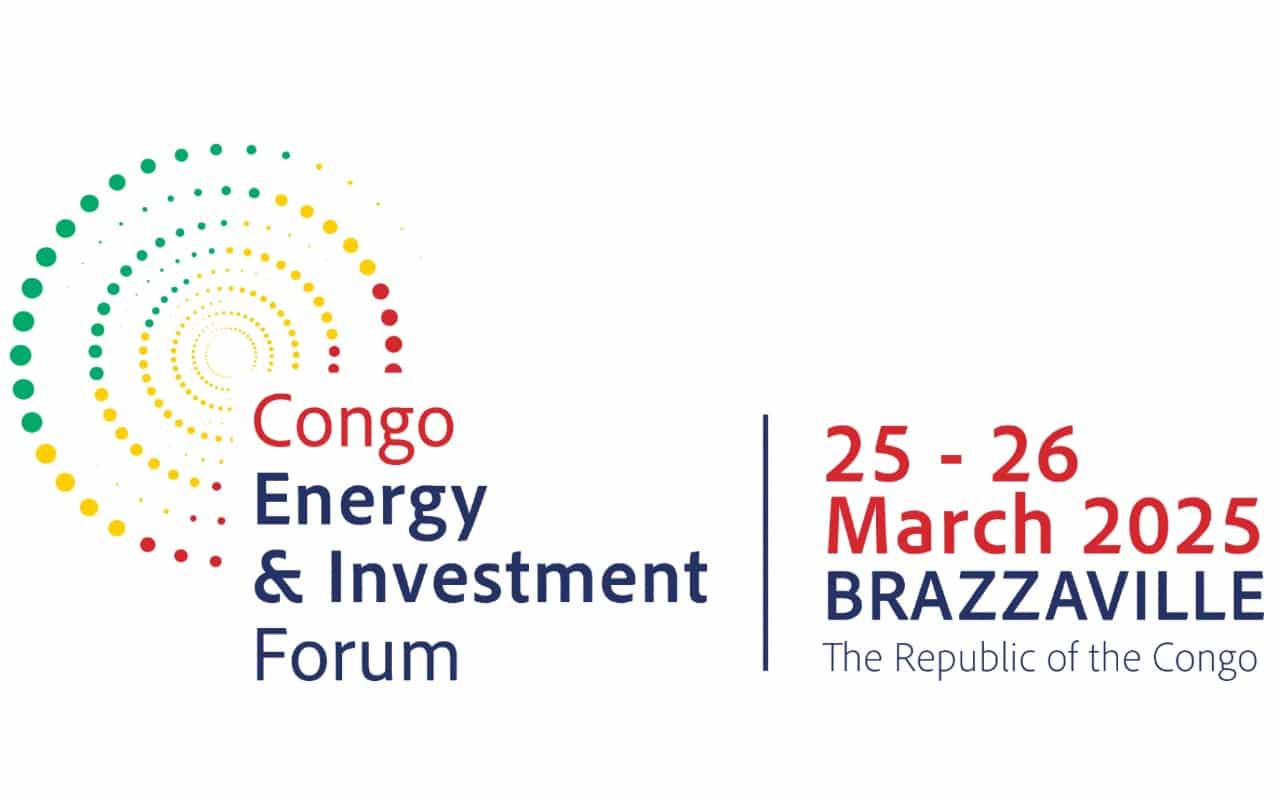
The Republic of Congo is on the cusp of a major economic transformation on the back of strong developments in the country’s energy sector.
The Republic of Congo is set to make transformative strides in its energy sector, with ambitious plans to double its natural gas production within the next 2-3 years. This growth promises to elevate the country’s position as a key regional energy player, attracting global attention and investment.
2025 Licensing Round Sparks Opportunity
A major milestone in this energy transformation is the official launch of the 2025 licensing round set to take place at the inaugural Congo Economic & Investment Forum (CEIF) 2025 in March. The event will offer a platform for international and local stakeholders to explore the Republic of Congo’s vast energy opportunities. The government is keen to attract both large international oil companies (IOCs) – with the capacity to develop deepwater resources – and smaller, local firms focused on exploiting marginal fields. The licensing round is part of a broader strategy to boost the country’s oil production from 274,000 barrels of oil per day (bpd) to 500,000 bpd by 2027.
The Republic of Congo is developing deep and ultra-deep offshore fields, offering high-risk, high-reward opportunities. This initiative will attract capital and innovation, enabling smaller, local companies to partner with IOCs, access new technologies and reserves, and scale their operations to drive Congo’s energy transition.
Gas Legislation, Master Plan to Power Economic Growth
The government of the Republic of Congo is advancing critical gas-focused legislation, which will play a central role in enabling these projects. The introduction of a new gas code and the establishment of a National Gas Company are key moves set to attract investment into the gas sector, while a comprehensive gas master plan outline a clear roadmap for infrastructure development.
The Republic of Congo’s increasing focus on rural electrification is pivotal in bridging the energy gap between urban and rural regions. With electrification rates currently standing at just 12% in rural areas, the government’s efforts to bring electricity to underserved communities could change lives across the nation. The launch of micro-hydropower plants is one example of how the country is diversifying its energy sources to reach these remote areas.

Congo’s Clean Energy Revolution
The Congolese government is also making strategic investments in downstream infrastructure, including new refineries and gas-to-power projects. The establishment of the Atlantic Petrochemical Refinery, in partnership with Beijing Fortune Dingheng Investment, is set to boost the country’s refining capacity, reduce reliance on imports and provide high-quality gasoline, diesel and liquefied petroleum gas for domestic consumption. For local companies in the petrochemical and logistics sectors, these projects present new opportunities for growth and innovation, particularly in areas like storage, transportation and distribution of refined products.
These initiatives are being complemented by the growth of solar energy projects across the country. With an average daily solar irradiance of 4.5 kWh per m2, the Republic of Congo has immense untapped potential for solar photovoltaic power.
Downstream Investments to Fuel Local Growth
The Congolese government is also making strategic investments in downstream infrastructure, including new refineries and gas-to-power projects. The establishment of the Atlantic Petrochemical Refinery, in partnership with Beijing Fortune Dingheng Investment, is set to boost the country’s refining capacity, reduce reliance on imports and provide high-quality gasoline, diesel and liquefied petroleum gas for domestic consumption. For local companies in the petrochemical and logistics sectors, these projects present new opportunities for growth and innovation, particularly in areas like storage, transportation and distribution of refined products.
As such, the ongoing push for a diversified energy mix, with an emphasis on natural gas, hydropower and solar energy, will foster a more inclusive energy ecosystem. Local players, empowered by new policies and partnerships with international firms, will have the opportunity to tap into the Republic of Congo’s vast reserves while supporting the country’s efforts to meet its ambitious production targets. The upcoming CEIF 2025 conference, scheduled for March 24-26 in Brazzaville, will serve as a pivotal platform to showcase these advancements. The forum aims to connect project developers with Congolese regulators and policymakers, facilitating new investments and partnerships in the country’s energy sector.

